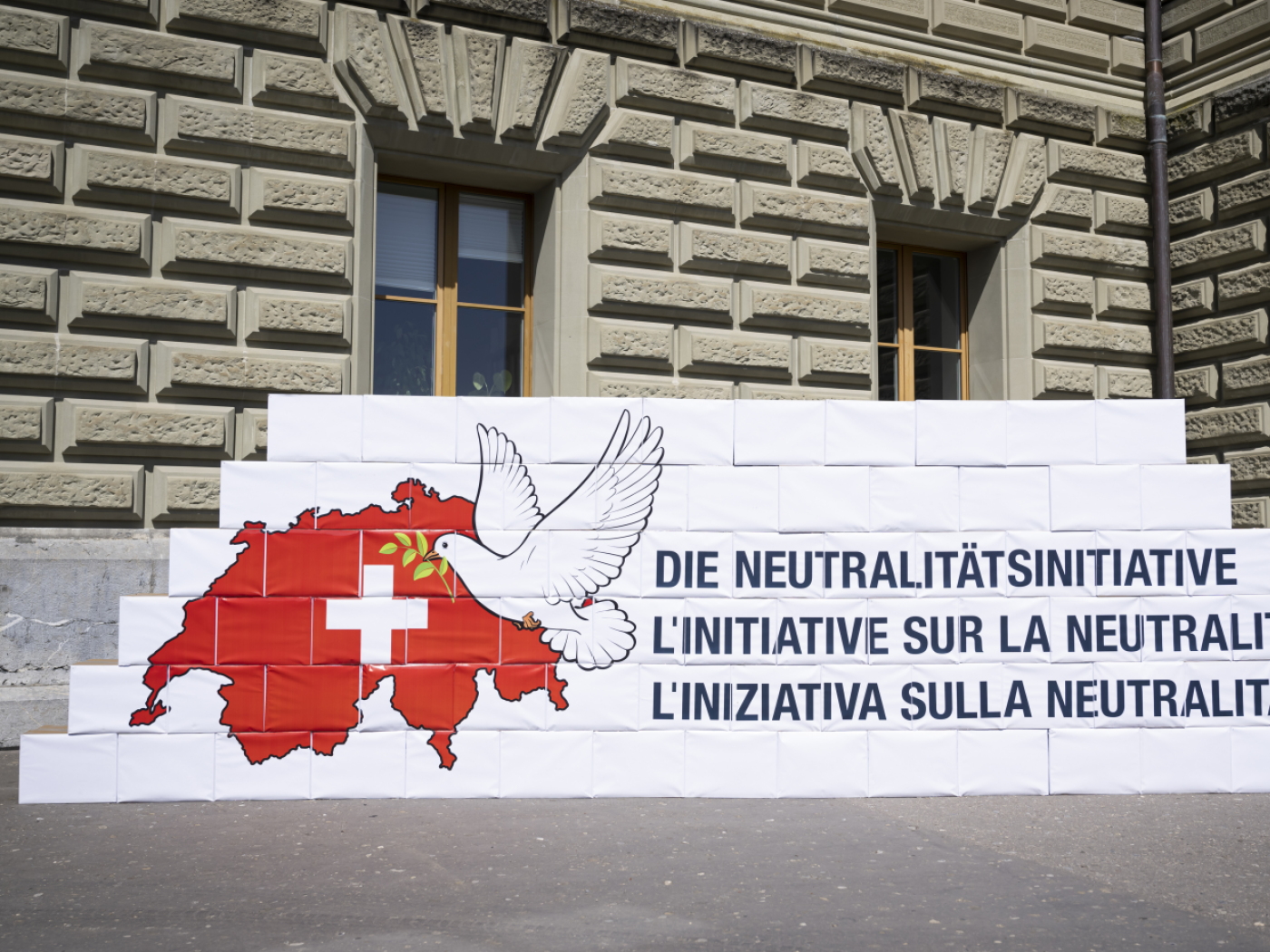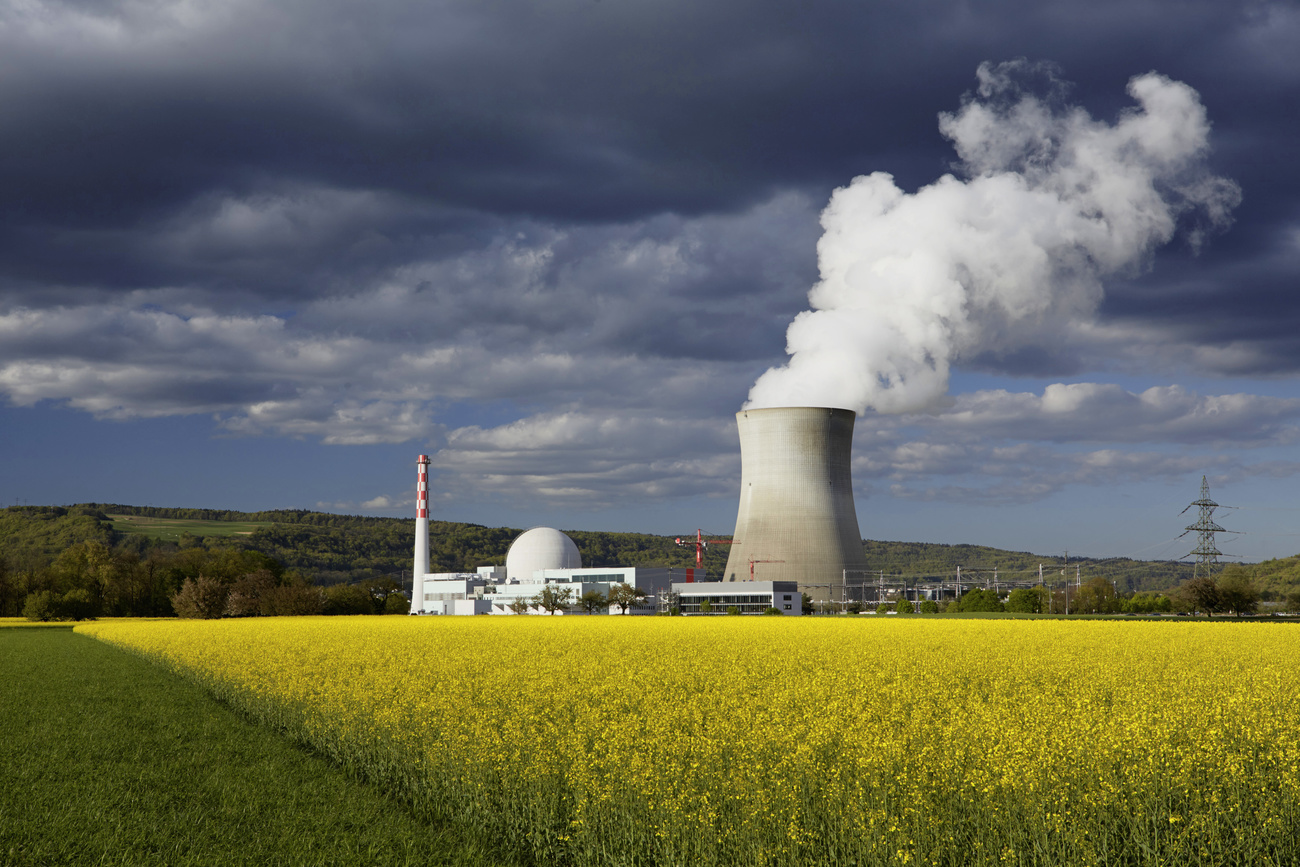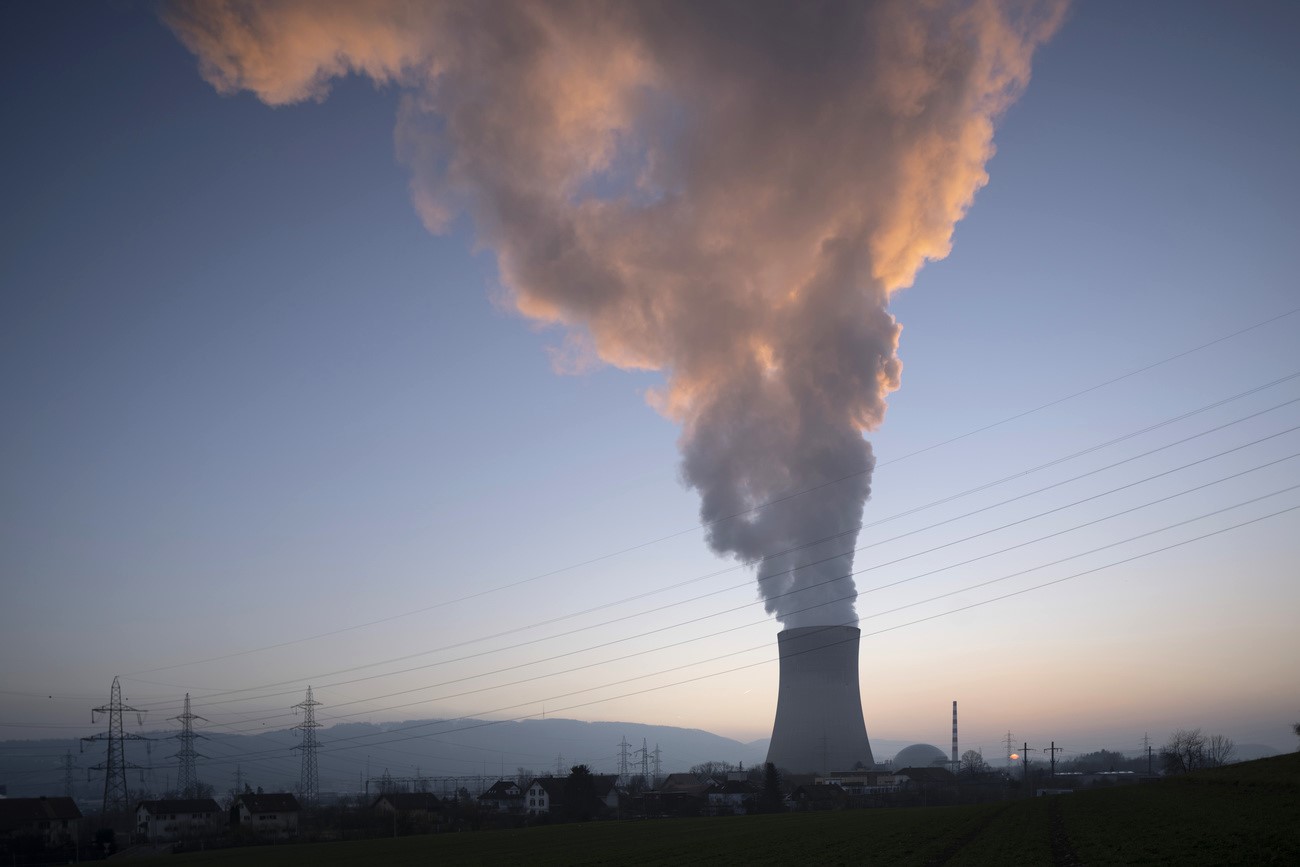
China Accuses US of Undermining Trade Talks With Warnings Against Huawei Chips
(Bloomberg) — Supply Lines is a daily newsletter that tracks global trade. Sign up here.
The Chinese government accused the Trump administration of undermining recent trade talks in Geneva after it warned that using Huawei Technologies Co.’s artificial-intelligence chips “anywhere in the world” would violate US export controls.
The Commerce Department said in a statement last week that it was issuing guidance to make clear the use of Huawei Ascend chips is a breach of the US government’s export controls. The agency said it would also warn the public about “the potential consequences of allowing US AI chips to be used for training and inference of Chinese AI models.”
The US Commerce Department’s has since changed its wording to say the agency was issuing guidance about “the risks of using PRC advanced computing ICs, including specific Huawei Ascend chips,” stripping the “anywhere in the world” reference. The formal Commerce guidance, dated May 13, says using Huawei’s Ascend chips “risks” violating export controls.
Those updates weren’t enough to appease Beijing, which said Monday it had “negotiated and communicated with the US at all levels through the China-US economic and trade consultation mechanism, pointing out that the US’s actions seriously undermined the consensus reached at the high-level talks between China and the US in Geneva.”
While Chinese authorities noted the US had “adjusted” the wording of its guidelines around Huawei chips, it maintained it was still a “discriminatory measures” and demanded that the US “correct its mistakes.”
Tensions over Huawei’s next-generation of chips underscores how fragile relations remain between the US and China, even after they reached a tariff truce this month in Switzerland. That arrangement lowers punitive levies for 90 days, opening a short window to strike a broader deal that both rebalances trade and protects Beijing’s interests.
China’s chief trade negotiator Li Chenggang attacked export controls on AI-related chips at the Asia-Pacific Economic Cooperation meeting last week in South Korea, saying a certain country was over-stretching the idea of national security, according to an official who attended the session. US Trade Representative Jamieson Greer responded it was a measure to protect domestic manufacturing capabilities, the official said.
Li and Greer met at the event but neither side has disclosed what was discussed. Spokespeople for the US Commerce Department, the White House and China’s Ministry of Commerce didn’t immediately respond to requests for comment.
Talks between the world’s largest economies have resumed, but President Donald Trump and Chinese leader Xi Jinping still haven’t spoken since the Republican returned to office, with Beijing preferring for negotiations to play out at a lower level.
There are no public plans for the next round of trade talks. While officials could next cross paths in July at a Group of 20 meeting in South Africa, Treasury Secretary Scott Bessent skipped a similar huddle earlier this year — although the two sides could arrange ad hoc talks in another neutral location.
Despite rolling back a set of Biden administration-era regulations on AI chip exports to much of the world, the Trump administration has made clear it will continue to drive efforts to keep advanced technologies away from China.
One source of leverage for China in pressing the US to ease such controls is its dominance in critical minerals. Removal of barriers Beijing placed on rare earths was a key concern for the US going into the talks in Geneva, Bloomberg News earlier reported.
Rare earth exports fell 19% after those curbs, threatening the global supply of key materials used widely in high-tech manufacturing from electric vehicles to weaponry.
The US guidance last week stood to make it all the more difficult for Shenzhen-based Huawei to fulfill its ambitions of developing more powerful semiconductors for AI and smartphones, efforts that have already hit major roadblocks because of US sanctions.
Huawei has emerged as China’s national technology champion since its breakthrough in processors for the Mate 60 Pro in 2023 — a milestone it reached despite then-punishing US sanctions. The company has since expanded into adjacent arenas from EVs to AI, where it’s begun making chips it hopes can compete with Nvidia Corp.
Huawei’s Ascend lineup is thought to be so far largely confined to use in China by Chinese firms that have otherwise limited access to Nvidia’s cutting-edge products. But they’ve been making headway in the market because of US restrictions, and have proven capable particularly in inferencing or supporting AI services, according to industry experts.
–With assistance from Catherine Lucey, James Mayger and Soo-Hyang Choi.
(Updates throughout.)
©2025 Bloomberg L.P.

































